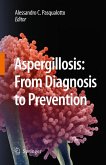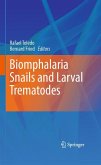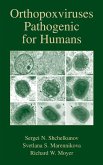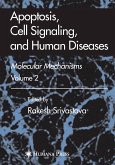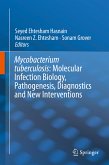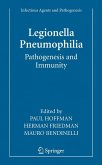Authoritative and cutting-edge, Clostridium difficile: Methods and Protocols serves as an ideal guide for scientists now in a position to gain an in-depth understanding of how this organism is transmitted and how it causes disease.
Dieser Download kann aus rechtlichen Gründen nur mit Rechnungsadresse in A, B, BG, CY, CZ, D, DK, EW, E, FIN, F, GR, HR, H, IRL, I, LT, L, LR, M, NL, PL, P, R, S, SLO, SK ausgeliefert werden.
"This book describes a variety of research methods used to investigate the pathogenic properties of Clostridium difficile, a major nosocomial pathogen that causes a severe diarrhea after prolonged antibiotic treatment. ... This book would be useful to scientists working with bacteria such as C. difficile that cause toxin-mediated diseases in the colon of their host. ... This is a technical book that provides essential methods and techniques to study devastating diseases due to Clostridium difficile." (Rebecca T. Horvat, Doody's Review Service, October, 2010)




